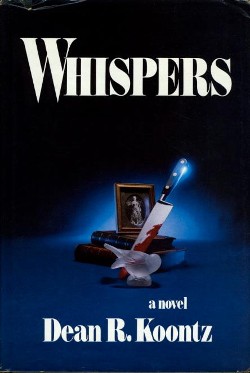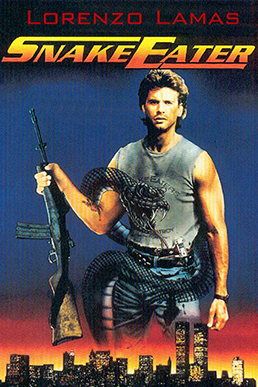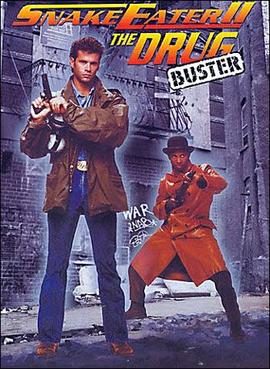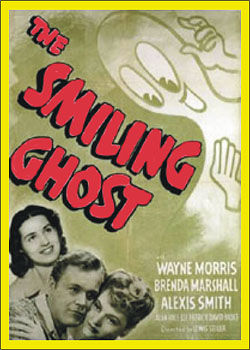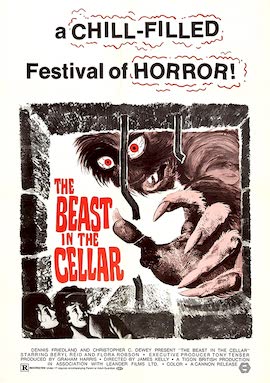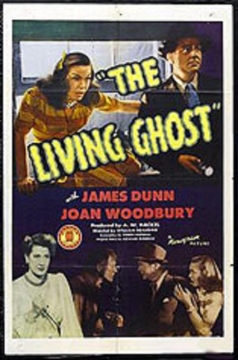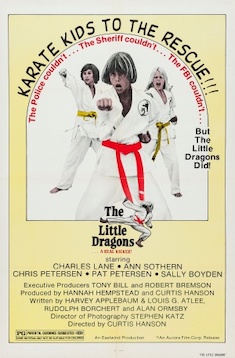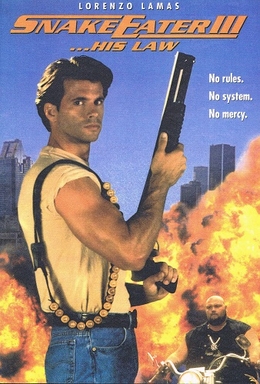Plot
Writer Hilary Thomas is being pursued by psychopath Bruno Clavel, a man she once interviewed at his family's Massachusetts orchard while researching for a book. Clavel plays a cat-and-mouse game with Hilary, repeatedly breaking into her Manhattan apartment and tormenting her, often calling her "Catherine." Detective Tony Clemenza oversees the case, while Hilary struggles to find an explanation for why Clavel is targeting her. During one of the break-ins, Clavel is fatally injured, and found dead several blocks from Hilary's apartment. Hilary is brought to the morgue to positively identify his body. Clavel's corpse is sent to his Massachusetts hometown, where it is swiftly buried by Clavel's stepfather, Jonathan Rinehart.
Meanwhile, Hilary and Tony begin a romance. One night, after having sex, Tony leaves the apartment to get the couple dinner. While taking a bath, Hilary is mortified when Clavel appears, referring to her as a vampire and threatening to stab her through the heart. Tony arrives moments after Clavel vanishes. Determined to solve the mystery, Hilary and Tony visit the funeral home for confirmation of Clavel's death, where they learn from the mortician that Clavel was quickly buried unembalmed at the insistence of his stepfather Jonathan. Upon further investigation, they learn that Clavel withdrew funds two days after his supposed death, and was seen by a bank teller who knew him. Clavel's check register shows he made repeated payments to a small number of people, including a local bookseller and an elderly woman, Mrs. Yancey. Police agree to exhume Clavel's grave, only to find his casket empty aside from several bags of concrete.
Hilary's literary agent, Kayla, is subsequently stalked by Clavel, who accosts her in her home, demanding to know Hilary's whereabouts before stabbing her to death. Meanwhile, Hilary and Tony continue to meet with several individuals to gather information, including Clavel's psychologist, who recounts his disturbed state of mind: Clavel believed himself damned to hell by his mother Catherine, an occultist, and claimed Catherine continued to live on by possessing others' bodies after her death.
Clavel returns to his childhood home, where he confronts Jonathan, and kills him. Meanwhile, Hilary and Tony visit the bookstore frequented by Clavel, and ask the shop owner several questions about him. The shop owner, who professes himself to be a Satanist, claims that Clavel may be possessed. Next, Hilary and Tony visit Mrs. Yancey, a former bordello madam who once rented a room to Clavel's mother, Catherine. Mrs. Yancey explains that Catherine, after falling pregnant, concocted a story about how she was going to adopt her friend's child. However, she gave birth to twin sons, forcing her to keep one of the boys a secret. She forced both boys to act as one child, and would not allow them to be seen together. Furthermore, she carried on an incestuous relationship with the "secondary" son, whom she kept locked in the cellar. For her secrecy, Catherine—and, later, Clavel—continued to pay Mrs. Yancey each month. Meanwhile, at the Clavel mansion, Clavel erotically caresses and kisses the corpse of his twin, whose body he has grave-robbed.
Armed with the knowledge that there are two identical "Bruno Clavels", Hilary and Tony go to visit the Clavel mansion. Inside, Hilary notices a portrait of Catherine, who bears a striking resemblance to herself—she realizes that the original Clavel brother she met had stalked her due to her likeness to his mother, and his hope that he might resurrect Catherine in her body; the other Clavel brother, who had been kept locked away for most of his life, envisions Hilary as a manifestation of his mother, and wishes to kill her to avenge his own abuse.
In the house, Tony is attacked by the living Clavel brother upstairs, and Hilary finds Jonathan's corpse impaled on a fence outside. Clavel confronts her in the backyard, and chases her into the cellar, but he is fatally injured with his own knife after Hilary pushes him down the stairs. As he writhes on the floor, dying, a swarm of beetles cover his body. Hilary and Tony assume him dead until he rises out of the cellar, after which Tony shoots him to death.










